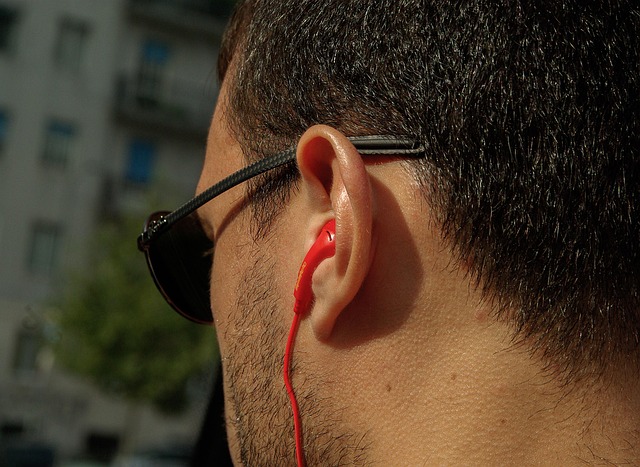Hearing is easy to overlook until problems surface. In my opinion, treating hearing care as routine health advice should be standard in medicine and surgical education alike. According to the NHS (“Hearing tests”), a structured appointment with an audiologist can pick up changes long before day-to-day difficulties are obvious. Tests are non-invasive and typically take 15 minutes to 1 hour, depending on what is needed, and results guide next steps in care.
Untreated hearing loss has wider consequences. Evidence reviewed in recent research links hearing loss with cognitive decline and social isolation in older adults. As summarised in a 2021 review in Frontiers in Aging Neuroscience, hearing loss appears to be a risk factor for cognitive impairment, particularly in vulnerable populations. A 2025 synthesis of age-related hearing loss management also notes population-level risks such as isolation and cognitive effects. These points strengthen the case for regular assessment and timely support.
What happens during a hearing test
Initial conversation. An audiologist reviews medical history, noise exposure and current concerns to interpret results in context, as outlined in NHS service pages.
Pure tone audiometry. You wear headphones and press a button when you hear tones at different pitches. This maps hearing thresholds on an audiogram. NHS hospital pages describe this core test and its purpose.
Speech recognition measures. Clinics often check how clearly you understand words at varied volumes—useful for appreciating day-to-day listening demands, as described in NHS audiology materials.
Middle ear checks. Where indicated, tympanometry and related measures assess eardrum and middle-ear function within minutes. NHS centres explain how a soft-tipped probe gently changes pressure to record movement.
Who benefits from regular testing
Adults in later life. Age-related hearing change is common. RNID summarises UK prevalence, noting that over half of people aged 55+ have hearing loss and 80% of those 70+ are affected. These figures underline why baseline and follow-up checks help maintain quality of life.
People with sustained noise exposure. In my view, those working around machinery, amplified music or other loud environments should consider annual checks. NHS guidance supports tailored testing and aftercare, with additional assessment where risk factors exist.
Anyone noticing symptoms. Struggling with group conversations, turning up the TV, or hearing ringing (tinnitus) are good reasons to book—NHS pages emphasise prompt assessment and clear next steps.
Independent audiology services—my take
In my experience as a health writer, independent audiology practices often provide longer appointments and a consistent point of contact over time. While service models vary, RNID confirms that many people can choose a private hearing test without a GP referral, and then decide between NHS-provided or private hearing aids depending on results. NHS England has also expanded self-referral options for some services, including hearing tests, within primary-care access plans—though local pathways differ.
How often should people test?
Frequencies depend on age, risk and previous results. The NHS outlines that appointments are led by clinical need and can include repeat testing when concerns persist or change. In my opinion, a practical pattern is: every 3–5 years for healthy adults under 50, every two years from 50, and annually for higher-risk groups or established hearing loss—paired with regular device reviews for hearing-aid users.
Common questions, briefly answered
Are hearing tests uncomfortable? No—NHS materials describe them as painless and straightforward.
How long do they take? Typically 15–60 minutes, depending on which tests are required.
Will I need hearing aids if loss is detected? Not always. NHS services explain that management ranges from monitoring to devices or other interventions, based on severity and cause.
Do I need a GP referral? RNID notes you can book privately without a referral; in parts of England, self-referral to NHS audiology is available—check local arrangements.





